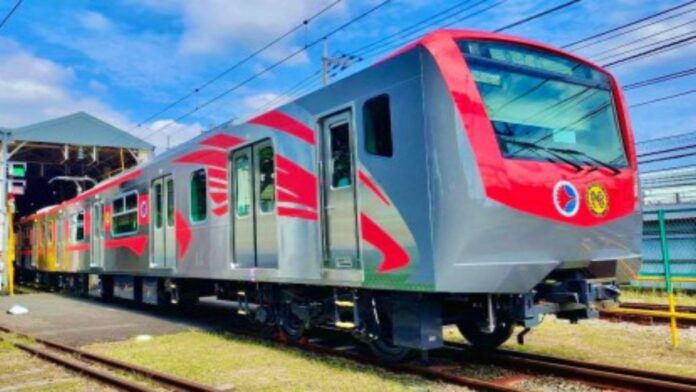Bicol Saro Party-List Rep. Brian Raymund Yamsuan on Tuesday said he remains optimistic that the revival of the Philippine National Railways’ (PNR) Bicol Express rail line will push through under the administration of President Ferdinand R. Marcos Jr.
Yamsuan made this remark despite the Department of Transportation’s (DOTr) move to abandon China as a funding source for the project.
He said the groundbreaking of various resettlement sites in Laguna and Quezon provinces has shown clear indication that Marcos is keen on pursuing the rebirth of the Bicol Express rail line.
“President Marcos is not only bent on reviving and modernizing the Bicol Express as he had promised Bicolanos. He is also making sure that affected residents would not be neglected by ensuring that they get to resettle in livable communities. This is the strongest indicator that the project will push through,” Yamsuan said.
Dropping the loan application with China for the project could prove to be even more beneficial for the government, as it could tap other funding sources offering more cost-effective financing packages, the lawmaker said.
Yamsuan has long been pushing for the rebirth of the once-famed Bicol Express rail line as a modern, efficient and environment-friendly means of transportation.
The first stage of the revival of the Bicol Express line, known as the South Long Haul Project, will start from Banlic in Laguna and will traverse several areas of that province and the provinces of Quezon, Camarines Sur and Albay. The line will end in Daraga, Albay. An extension of the line in Sorsogon is also being eyed.
Last week, DOTr Secretary Jaime Bautista said the agency is ditching China as a partner in implementing three of its big-ticket projects —the South Long Haul, the Mindanao Railway and the Subic-Clark Railway— as the Chinese government appears to have lost interest in financing them.
Bautista, however, said they are working closely with the Department of Finance (DOF) in looking for other funding sources for these projects.
He also said the DOTr has teamed up with the Department of Human Settlements and Urban Development (DHSUD), the National Housing Authority (NHA) and the provincial governments of Laguna and Quezon for the construction of 3,651 housing units worth a combined PHP2.83 billion for residents affected by the project.
The designated sites are located in San Pablo City in Laguna, and Tiaong, Candelaria, Sariaya and Pagbilao in the province of Quezon.
With these preparations for the reconstruction of the Bicol Express underway, Yamsuan urged the DOTr to consider adopting the public-private partnership (PPP) mode to get the project off the ground.
Yamsuan said his proposed PPP mode involves tapping foreign funding institutions like the Asian Development Bank (ADB) or the Japan International Cooperation Agency (JICA) to provide financing for the electromechanical system of the project, while the government funds the right-of-way acquisition and rolling stock, and partners with the private sector for the civil works aspect of the project.
Reconstructing the Bicol Express, he said, will be a “game-changer” that would accelerate economic growth in South Luzon, create highly skilled jobs in the railways sector and open hundreds of thousands of employment opportunities for Bicolanos.
Connecting Laguna to Bicol, the first package of the 368-kilometer Bicol Express project is expected to reduce travel time between the two points from the current 14 to 18 hours to six hours using regular commuter trains, and 4.5 hours using the line’s express trains, according to the DOTr.
The project connects to the massive North-South Commuter Railway (NSCR) System, which was originally envisioned to link the provinces of Bulacan and Pampanga in the north, to Metro Manila and Laguna in the South. (PNA)


